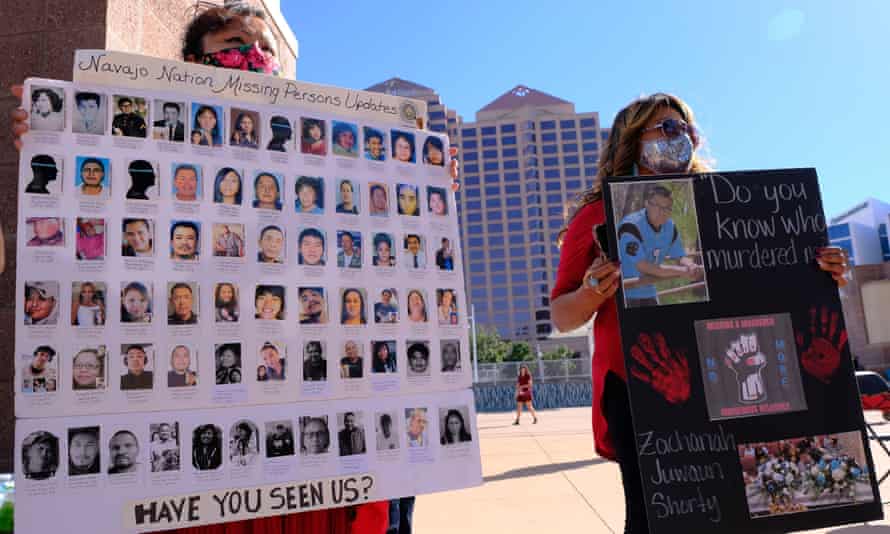Hello and good morning.
The UN atomic watchdog is investigating Ukrainian claims that Russian soldiers occupying Chernobyl nuclear power station left after receiving high doses of radiation.
The International Atomic Energy Agency (IAEA) said it could not confirm the claims by the Ukrainian state power company Energoatom and was seeking an independent assessment. It will send its first “assistance and support mission” to Chernobyl, in northern Ukraine, in the next few days.
Energoatom said the Russians dug trenches in the forest inside the exclusion zone at the site of the world’s worst nuclear disaster in 1986, and that the troops “panicked at the first sign of illness” that “showed up very quickly” and began preparing to leave.
Meanwhile, Energoatom also said the Russian side had formally agreed to hand back to Ukraine the responsibility for protecting Chernobyl. It shared the scan of a document signed by people it identified as a senior staff member at Chernobyl and the Russian military official assigned to guarding Chernobyl.
-
What is Chernobyl? The plant is the site of the world’s worst nuclear accident in 1986. Staff continue to oversee the safe storage of spent nuclear fuel and supervise the concrete-encased remains of the reactor that exploded.
-
When did Russia take control of Chernobyl? Russian troops seized the nuclear plant soon after the 24 February invasion. There have been concerns over the past month about power cuts and fighting making staff shift rotations difficult.
-
What claims is the UN agency likely to investigate? Ukraine’s deputy prime minister Iryna Vereshchuk claimed Russian troops dug trenches in the forest and were exposed to radiation. Some reports suggest soldiers are being sent to a special medical facility in Belarus after driving tanks through the “dead zone” around the nuclear plant, kicking up radioactive dust. (These claims are unverified.)
Mariupol officials say Russians are blocking aid reaching besieged Ukraine city

An aide to the mayor of Mariupol has said the besieged southern Ukrainian city remains closed for anyone trying to enter and is “very dangerous” for anyone trying to leave.
Petro Andryushchenko said Russian forces have been preventing even the smallest amount of humanitarian supplies reaching trapped residents.
A convoy of buses that set out for Mariupol did not reach the city, Ukrainian officials said last night. Russia had promised a limited ceasefire along the route from Mariupol to the Ukraine-held city of Zaporizhzhia.
Repeated efforts to set up humanitarian corridors for the evacuation of up to 170,000 people who remain in Mariupol, which has suffered four weeks of bombardment and dwindling supplies, have failed. Ukraine has accused Russian forces of shelling supposedly safe routes outside of several fighting hotspots, claims that Moscow denies.
Meanwhile, insiders in the UK intelligence agency are divided over GCHQ boss Jeremy Fleming’s strategy of leaking intelligence, my colleague Dan Sabbagh reports. Fleming revealed details such as Russian forces “accidentally shooting down their own aircraft”, sparking debate among spy insiders over the strategy.
Trump may face day in court thanks to lawsuit from reggae singer Eddy Grant

The reggae singer Eddy Grant may succeed where the attorney general of New York state and other powerful figures have struggled – by forcing Donald Trump to answer questions under oath in a legal proceeding.
Grant sued the former president and his campaign over the use of his song Electric Avenue in an ad in 2020.
In the ad, Grant’s song plays over an animation of Joe Biden traveling slowly in a handcar, after a Trump campaign train passes at high speed. Remarks from Biden are also heard. Trump has failed to have the suit dismissed and claims it was fair use under a satire exemption.
-
Who is Eddy Grant? A 74-year-old Guyanese-British reggae musician. The song Electric Avenue was released in 1982.
-
How much is Grant seeking in damages? $300,000 for copyright infringement.
-
How many times has the video been viewed? More than 13.7m times, the lawsuit claims.
In other news …

-
A Palestinian baby has died after her treatment was delayed by Israel’s blockade of Gaza. Fatima al-Masri, a 19-month-old with a hole in her heart, waited five months for Israel to issue a permit allowing her to travel for medical treatment.
-
Amazon workers in New York are close to voting to form a union today. It represents a major win for labor activists who have failed in previous efforts to organize at the tech giant, which is the second largest private employer in the US. “Workers here have shown what is possible,” said one activist.
-
UK prime minister Boris Johnson has U-turned on his U-turn to ban LGBT conversion therapy. On Thursday, reports said Johnson intended to block planned legislation banning LGBT conversion therapy. But he backed down after a furious response and decided to move ahead to outlaw the practices.
-
H&M has pledged to end shopfloor sexual violence in India after a garment worker was murdered by her supervisor. The company signed a legally binding agreement with a major Indian clothing supplier. Last January, Jeyasre Kathiravel was found dead after her shift, with her supervisor reportedly confessing to the murder and awaiting trail.
-
LA police offered to arrest actor Will Smith for slapping presenter Chris Rock at the Academy Awards, the ceremony producer Will Packer said. But authorities took no action because Rock declined to press charges.
Stat of the day: more than 9,500 Indigenous people listed missing in 2021

In 2021, the National Crime Information Center listed more than 9,500 Indigenous people as missing, with 1,554 of those cases still active by the end of the year. One year after the Department of the Interior announced it was launching a new investigative unit to prioritize the crisis of missing and murdered Native Americans, at least nine Indigenous families have watched jurisdictional issues and miscommunication hamper efforts by the unit to investigate their relatives’ cases, or been met with months of silence.
Don’t miss this: ‘I’ve hugged 500,000 people around the world’

“I carry a clicker to count the number of people I’ve hugged – my record is 1,300 in a day, at a retail convention in Las Vegas – and choose cities where I hope I’ll be welcomed,” says David Sylvester. “On 12 September 2001, I learned that one of my closest childhood friends had died in the World Trade Center. The grief was so awful, I was determined to channel it into something with purpose.”
Climate check: Global UN-affiliated seabed regulator accused of ‘reckless’ failings over deep-sea mining

The International Seabed Authority, the UN-affiliated organization overseeing the controversial new industry of deep-sea mining, has been accused of failings of transparency after an independent body responsible for reporting on negotiations was kicked out. Scientists have warned that the damage to ecosystems from mining nickel, cobalt and other metals on the deep-seabed would be “irreversible” and “reckless”.
Last Thing: do feeders bring out aggression in birds?

Sometimes violent conflict breaks out between siskins, greenfinches and tree sparrows for a perch on the feeder, writes Phil Gates in his country diary. Perhaps that’s what providing limitless luxury food in a single location does to bird behaviour: it promotes competition and conflict. A siskin needs to collect about 10,000 alder seeds to match its body weight. It could spend most daylight hours seeking natural food. Or, it could spend an hour jostling by the sunflower seed feeder.
Sign up
First Thing is delivered to thousands of inboxes every weekday. If you’re not already signed up, subscribe now.
Get in touch
If you have any questions or comments about any of our newsletters please email newsletters@theguardian.com

